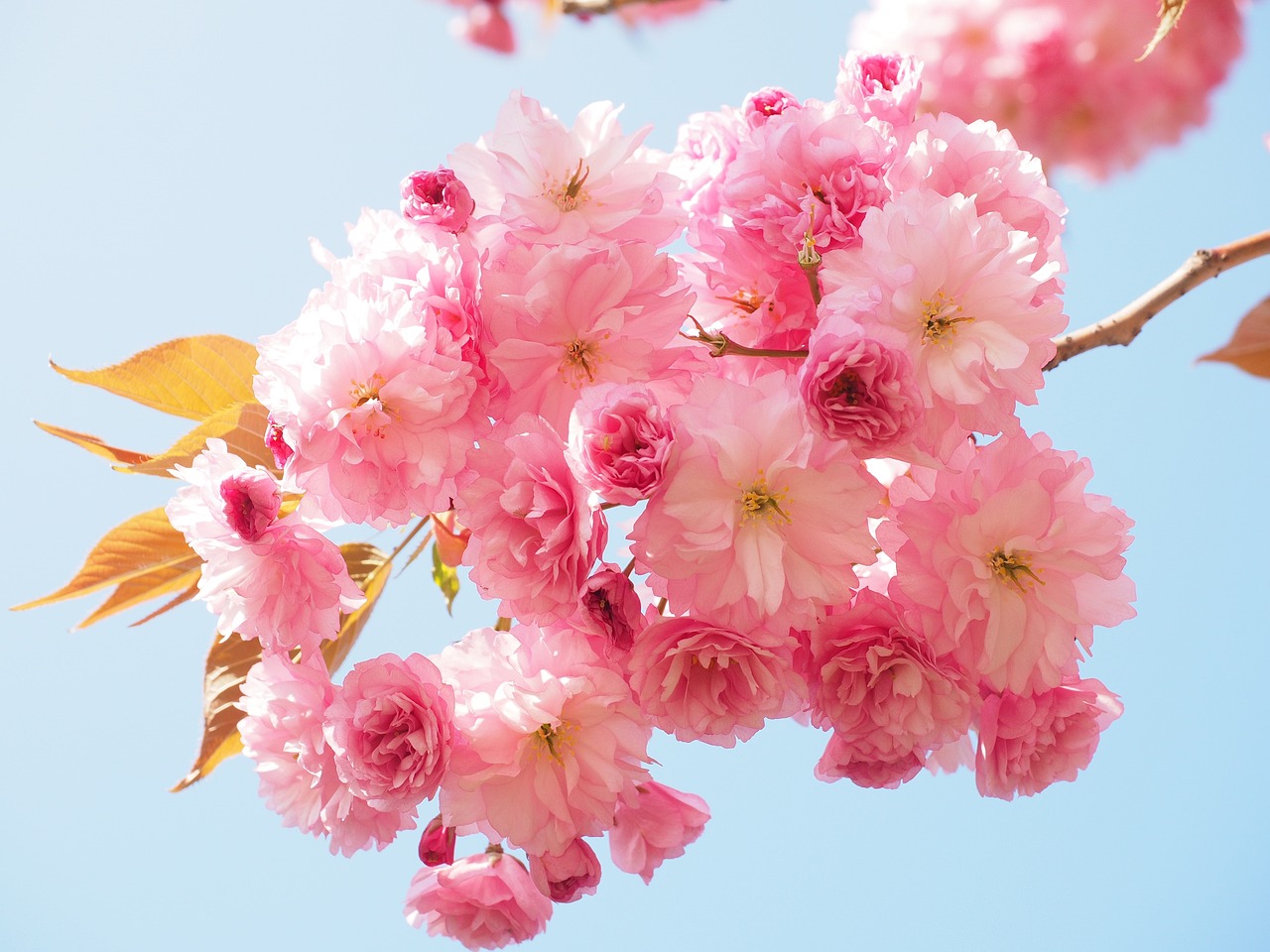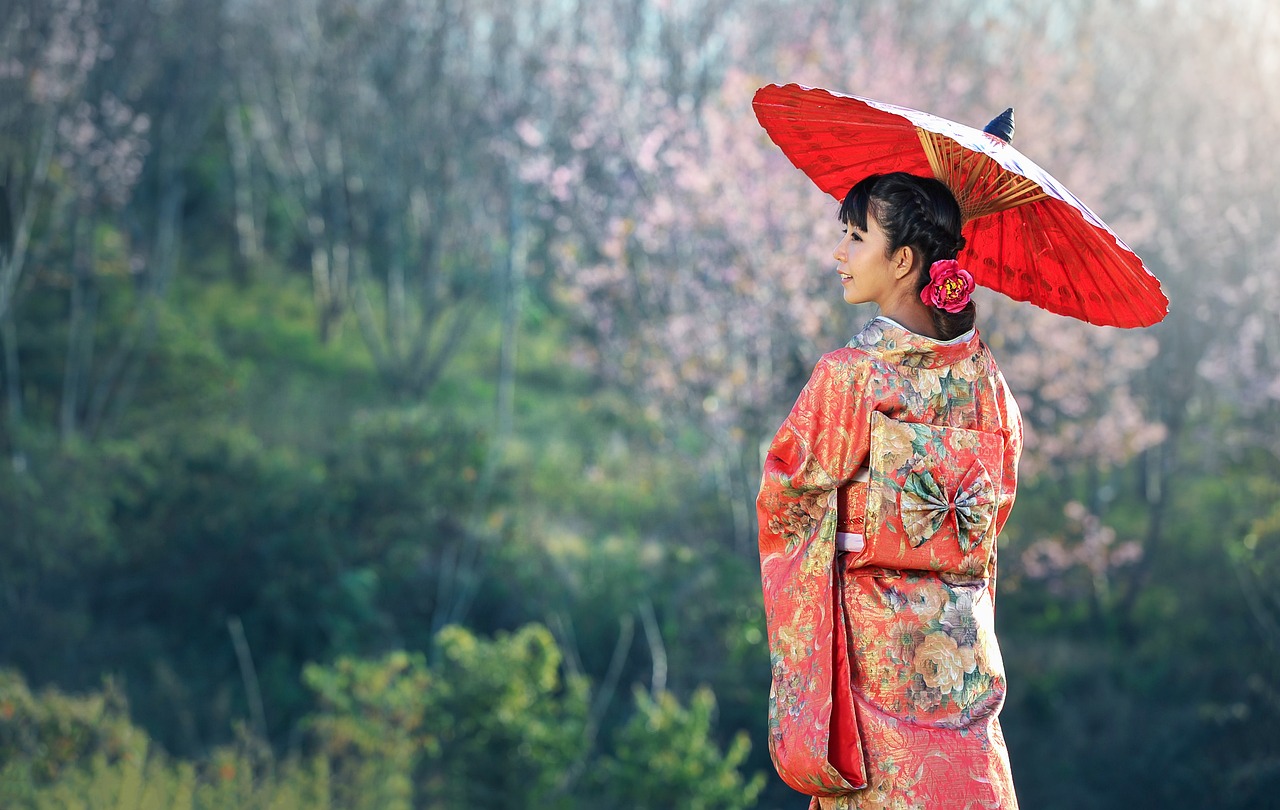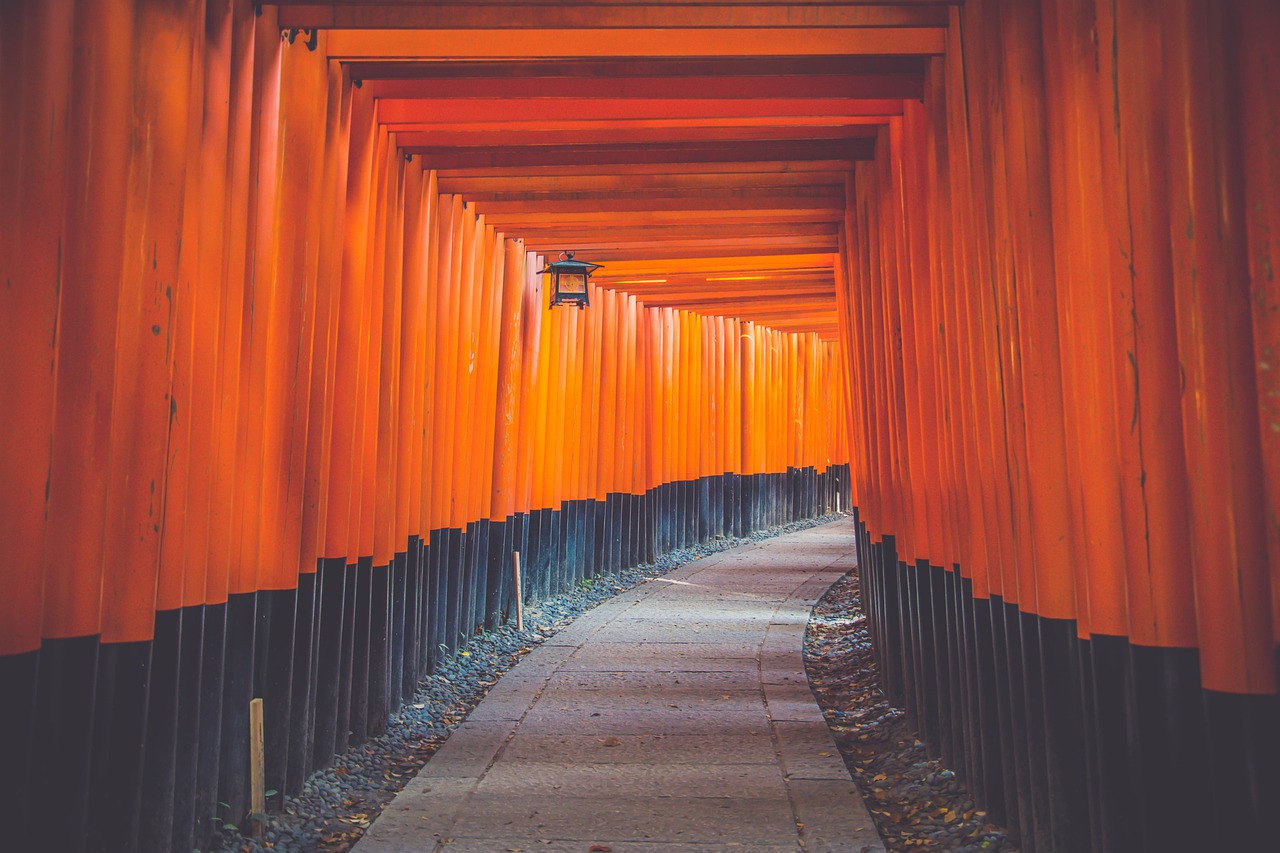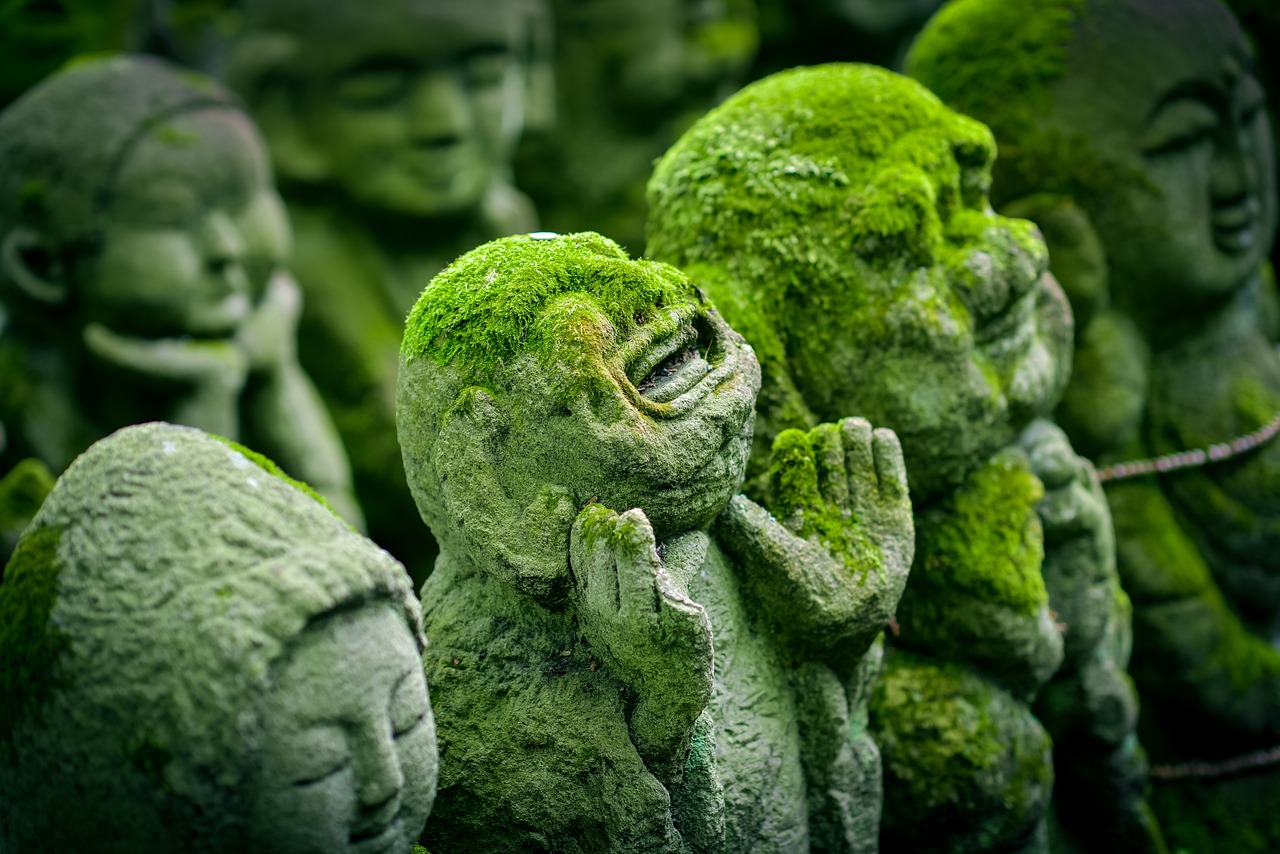Embracing Silence: The Japanese Way
Win a Free Trip to Japan!
Experience cherry blossoms and ancient temples
Silence in Japan is not just a mere absence of sound; it’s a cultural treasure chest filled with meaning and understanding. In a world that often feels like it’s screaming for attention, the Japanese art of silence stands out like a serene oasis. Imagine walking through bustling streets in Tokyo, surrounded by bright lights and the hum of activity, yet feeling a sense of calm wash over you. That’s the magic of silence in Japanese culture!
The Cultural Significance of Silence
In Japan, silence is like a well-respected guest at a dinner party. It’s welcomed, appreciated, and often speaks volumes more than words ever could. The Japanese people utilize silence in their interactions to convey respect, thoughtfulness, and sometimes, a whole conversation without uttering a single word. This practice is deeply rooted in their cultural norms, making silence a powerful tool in social settings.
Silence as a Communication Tool
While some cultures might view silence as awkward or uncomfortable, in Japan, it’s an art form. Picture this: you’re at a business meeting, and after a proposal, there’s a moment of silence. Instead of nervous fidgeting, this pause allows everyone to digest the information, think critically, and formulate their responses. It’s like a mental palate cleanser, giving everyone a moment to reflect before diving into discussion!
Silence in Literature and Art
Japanese literature is a treasure trove of subtlety, where what is unsaid often holds as much weight as the spoken word. Take haiku, for instance—these short, evocative poems capture fleeting moments in nature, leaving readers to ponder the deeper meanings that linger in the air. Each haiku invites you to pause and reflect, embodying the silence that surrounds it.
Similarly, in the world of art, Japanese artists have mastered the use of negative space. The empty spaces in paintings or sculptures are not just blank; they are intentional and rich with meaning. This concept of ma, or negative space, enhances the overall experience, making you appreciate both the presence and absence of elements.
The Art of the Tea Ceremony
Let’s not forget the traditional tea ceremony, a quintessential example of how silence weaves through Japanese culture. During this beautifully choreographed ritual, participants engage in a series of quiet, deliberate actions. The silence helps amplify the experience, allowing the guests to savor the aroma and taste of the tea, creating a moment of mindfulness that is hard to replicate in a noisy environment. It’s like a mini-vacation for your senses!
Silence and Technology: A Harmonious Balance
Even in the age of smartphones, the Japanese have managed to create a unique relationship with technology that respects the importance of silence. Despite leading the world in mobile technology, Japan’s phone culture is heavily influenced by its cultural norms. Unlike other countries where loud conversations on public transport are common, in Japan, there’s a strong expectation for people to keep their phones on silent mode, or as they call it, “manner mode.”
Public Transport Etiquette
Getting on a train in Japan is like entering a library—everyone is quietly absorbed in their own world. You might see someone engrossed in a novel, another person scrolling through photos, and yet another creating a digital masterpiece—all without a peep! The announcements on trains remind passengers to keep their devices silent, and this is not just a suggestion; it’s a cultural imperative. If you dare to take a call, you might attract disapproving glances from fellow passengers, as if you’ve just burst into song during a meditation session!
Texting Takes the Lead
Instead of phone calls, texting reigns supreme in Japan. It’s the go-to method for communication, allowing interactions to remain quiet and respectful. Just imagine a crowded train, everyone tapping away on their screens, sending messages without disturbing the peace. It’s a bustling hive of activity that somehow manages to maintain a serene atmosphere!
Final Thoughts: The Beauty of Quietude
In conclusion, the appreciation for silence in Japan is a beautiful reflection of their cultural values—subtlety, respect, and mindfulness. It’s a reminder that sometimes, the most profound connections are made not through words, but through shared silence. So, the next time you find yourself in Japan, embrace the quiet moments. Instead of feeling awkward, let them envelop you. You might just find that in the silence, there’s a world of understanding waiting to be discovered!




